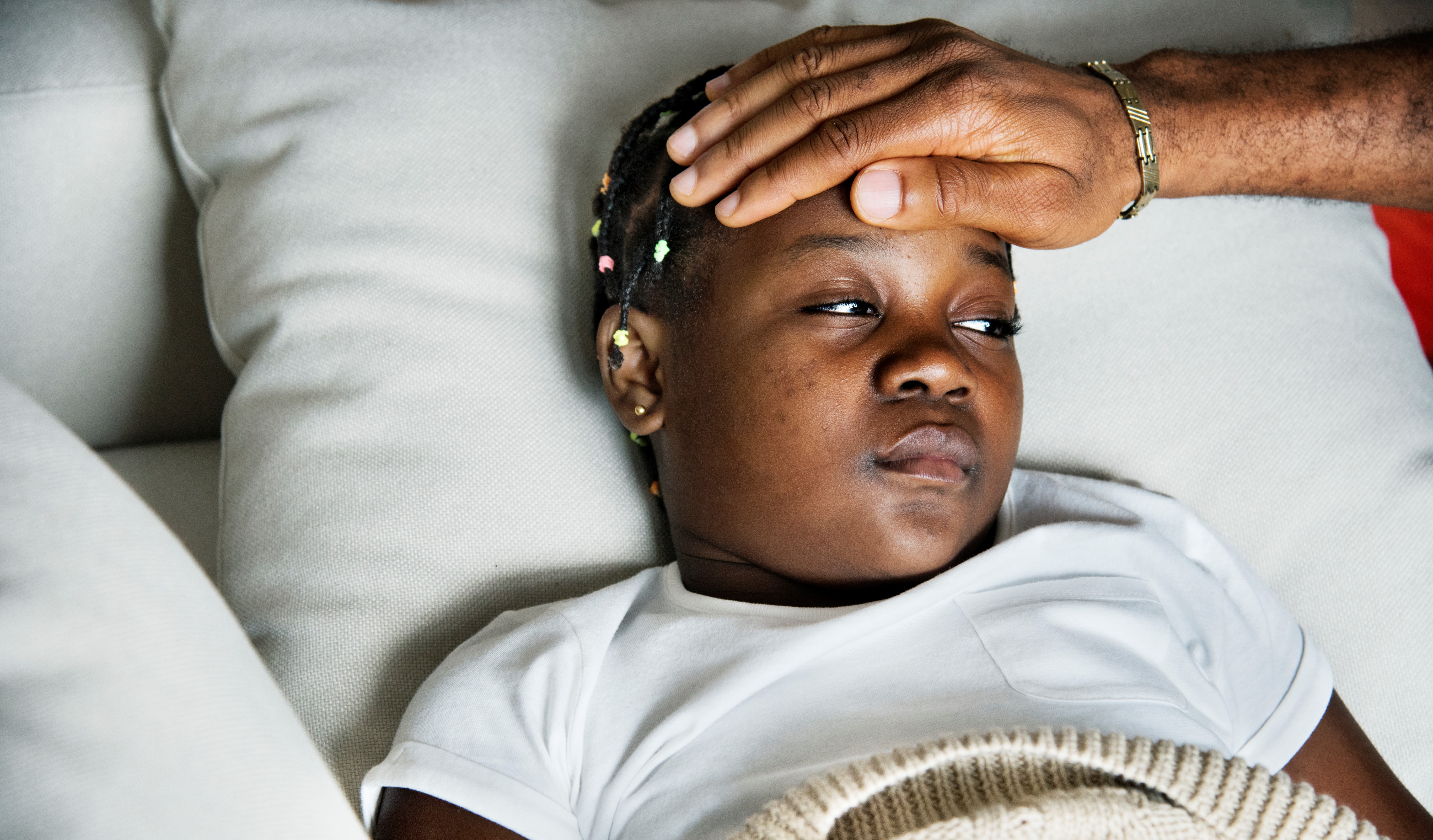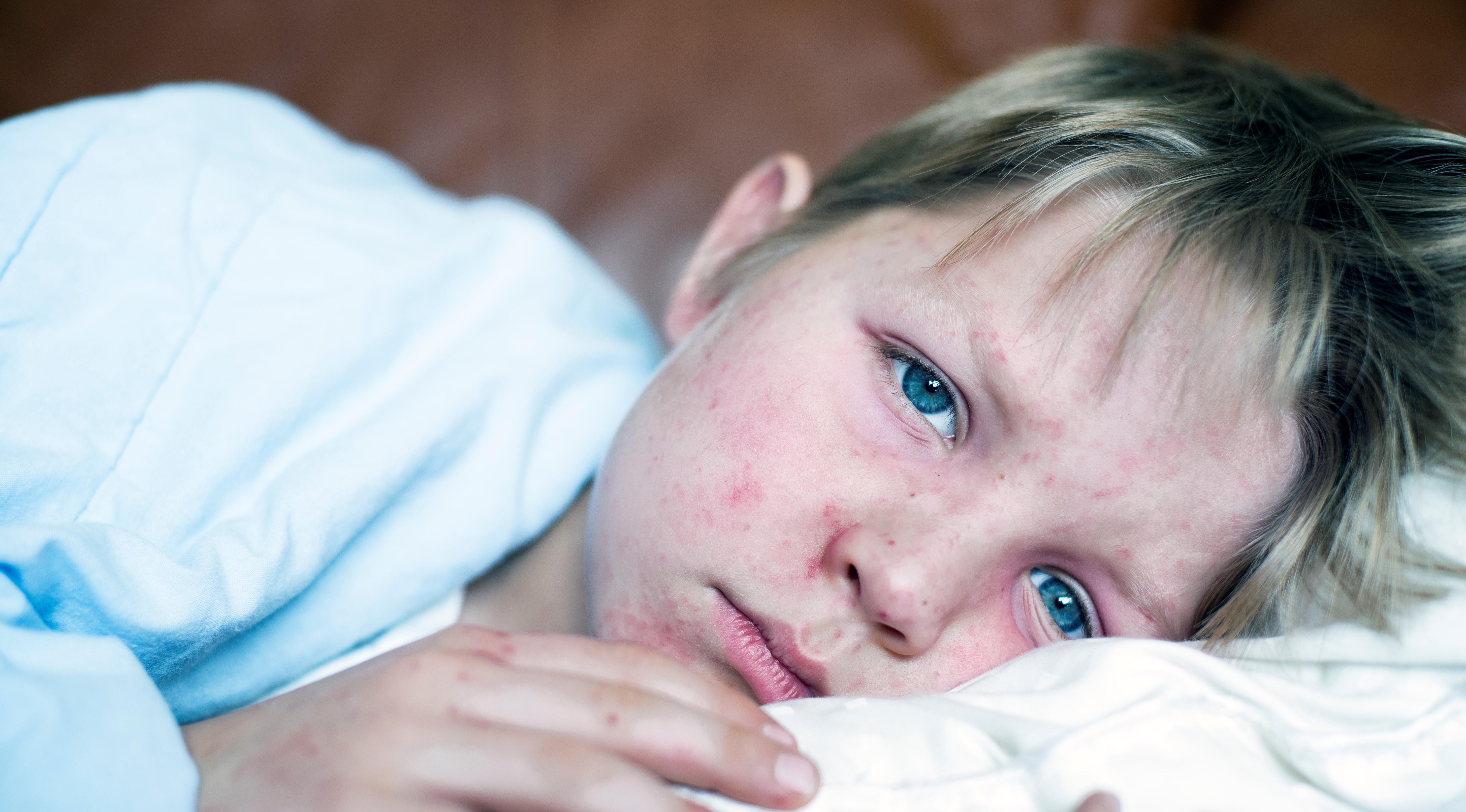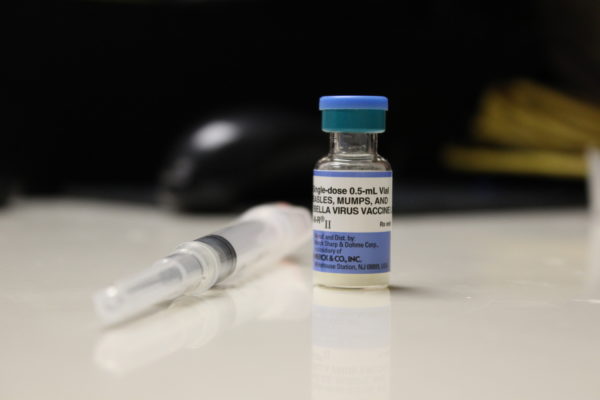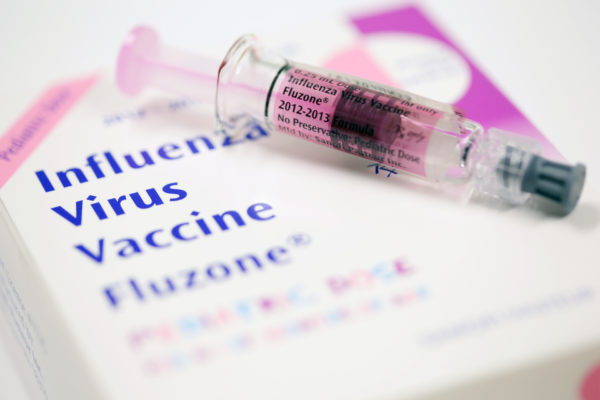I’m getting asked about measles a lot these days. In 2019, we’ve seen record numbers of cases in the U.S.—more than we’ve seen since 1994—and the number continues to grow each week.
Measles is highly contagious, and there is no medication to treat it. It can bring about very serious complications, especially in the very young and the elderly. The best protection against the virus is to get the MMR (measles-mumps-rubella) vaccine, which has been proven safe and effective.
These are the questions I’ve been asked recently, and answers to help guide you in protecting your family from this potentially deadly disease:
1. Do adults who were previously vaccinated need to get a booster shot against measles?
The Centers for Disease Control and Prevention (CDC) considers adults to be immune to measles if you meet the following criteria:
- You have previously had measles
- You were born before 1957
- You were born after 1957 and have had two doses of the MMR vaccine at the proper times
If you fall into one of these categories, you do not need an additional booster shot against measles. If you are unsure, talk to your doctor.
2. How can I get back on schedule with my child’s vaccinations?
The full series of the MMR vaccine is two doses at least 28 days apart.
The recommendation for children is:
- One dose between ages 12-15 months
- One dose between ages 4-6 years
The recommendation for teens and adults is:
- Two doses 28 days apart
If you or your child has not yet been vaccinated, or has only received one dose, call your doctor to get back on track. People are usually fully protected within two to three weeks from receiving the vaccine.
3. How can I protect my infant who is under age 1 and is unvaccinated?
- Hand washing for the entire family is highly important for overall health and is an excellent way to keep germs away.
- Help keep your family healthy by making sure everyone eats a balanced diet and gets plenty of sleep.
- Measles can stay in the air for up to two hours. If you’re in a room where someone with measles was, you can become infected. Stay away from areas where you know there is illness.
- If you will be traveling internationally, talk with your doctor. Infants under 12 months old can get an early MMR vaccine to help with protection if they will be traveling to an area where measles has not been eliminated and has an ongoing measles outbreak. (See also the CDC’s Travel Health Notices.)
- There is currently no recommendation to vaccinate a child younger than age 1 if traveling to a place in the U.S. with an ongoing outbreak.
4. What symptoms should I watch for?
Measles usually starts with a high fever, cough, runny nose, and pink eye (conjunctivitis). A rash will appear about four days later, typically starting higher up on the neck and face, and moving down to the torso and onto the arms and legs. Call your doctor about next steps. Depending on how sick your child is, your doctor may recommend keeping your child at home, or may want them to come in for a visit.
In Cincinnati, we do not yet have ongoing measles transmission. If we act now and make sure as many people as possible are protected against the disease with vaccination, we have the chance to prevent a lot of illness.
Read Related: Measles Is Making a Comeback: How to Protect Your Family




